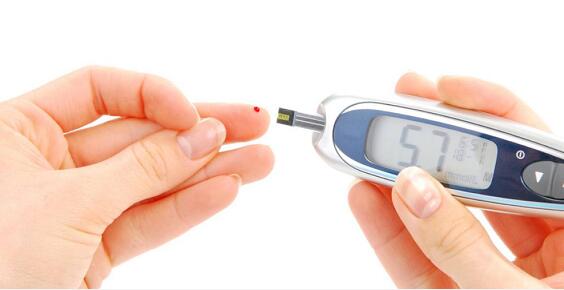

Every friend with high blood sugar needs to lower blood sugar. With the development of medicine, there are many ways to lower blood sugar, but do you know? Hyperglycemia is not just to reduce blood sugar, but also need to supplement vitamin B12, why? Before we solve this problem, let's take a look at what to do with hyperglycemia?

Hyperglycemia is the precursor of diabetes, so patients with hyperglycemia and even diabetes should know that stable blood glucose is conducive to health! But why should high blood sugar supplement vitamin B12?
There is evidence that diabetes patients taking metformin for a long time, some people may have vitamin B12 deficiency, its consequences are caused by peripheral neuritis, anemia, cognitive impairment and other adverse reactions.
Especially in elderly patients, blood glucose control has not been ideal, there may have been chronic complications. The reason for this problem is not clear, but some people think that it is because biguanides can cause the absorption of vitamin B12 in the terminal ileum and lead to its deficiency.
As we all know, metformin is one of the most common basic drugs for patients with diabetes, and there are hundreds of millions of prescriptions issued every year. In fact, there are not many patients with such problems, so it is necessary to pay enough attention to it.
If the diagnosis of vitamin B12 deficiency, at the same time has appeared the typical symptoms of diabetic peripheral neuritis, you need to take drug treatment.

High blood sugar needs to be controlled all the time, once the blood sugar is not controlled seriously, it will lead to life danger, so friends with high blood sugar must pay attention to the control of blood sugar, so that the body always keep in the best state, in order to avoid danger.

What other vitamins are good for diabetes?
Vitamin B1
It participates in the formation of coenzyme in vivo and can maintain normal glucose metabolism and nervous and digestive system functions. Vitamin B1 supplementation is beneficial to blood glucose control in patients with type 2 diabetes.
vitamin D
Vitamin D can promote insulin secretion and improve insulin resistance. Although patients with type 2 diabetes generally lack vitamin D, there is no clear conclusion on whether vitamin D supplementation can benefit type 2 diabetes.
vitamin E
Vitamin E, also known as tocopherol, is a fat soluble antioxidant vitamin, which can protect β - carotene from oxidation. The level of vitamin E in patients with diabetes is lower than that in normal people, and decreases with age. The recommended daily intake of vitamin E for normal people is 10 mg. For patients with diabetes, 100-200 mg of vitamin E can be added every day to prevent the complications of heart and brain diseases.
vitamin C
Ascorbic acid, also known as ascorbic acid, is a water-soluble antioxidant, which has synergistic antioxidant effect with vitamin E and β - carotene. Vitamin C supplementation can reduce the increased plasma lipid peroxidation, decrease the total cholesterol and triglyceride, increase the high density lipoprotein sterol, reduce the oxidized low density lipoprotein cholesterol, and relieve the microalbuminuria and early diabetic retinopathy.
The recommended daily intake of vitamin C is 60 mg for healthy people, and 100-500 mg for diabetics. The main sources of vitamin C are fresh fruits and vegetables.
